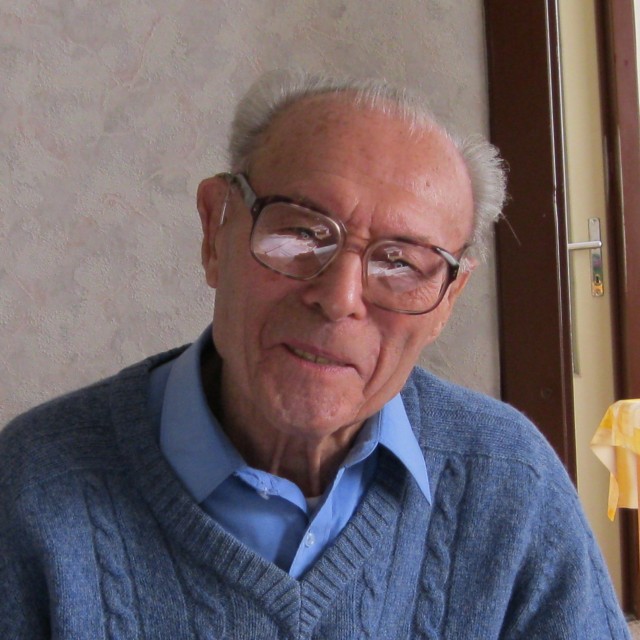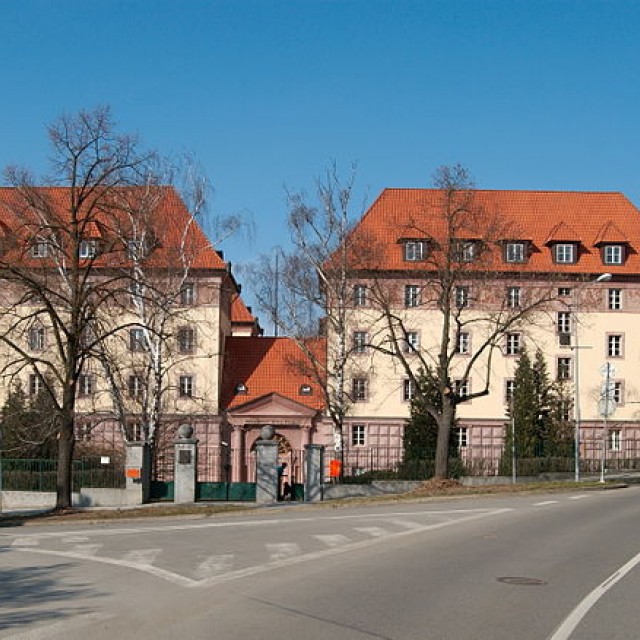We Were Oblivious of What Was Going On
On November 17, 1939, Josef Dvořák was woken by an unusual noise. The corridors of the Kounic Halls of Residence, where he lived at that time, were filled with voices. Sleepy students were opening the doors of their rooms only to find out that the building was full of armed soldiers and that more were guarding the entrance. “The members of the Students’ Residence Council are to report immediately in the lecture hall." This order was also meant for Josef Dvořák. He had assumed the function only a month ago and did not know much about it. Not suspecting anything, he started for the lecturer hall. It took him only several seconds to realize that things were getting tough. There were several female typists in the room and the students had to tell them their names and the names and addresses of their parents. Then, they were escorted by the soldiers to their rooms where they were told to pack the essentials for a journey. To where? No one knew. The arrested students left the halls of residence around midnight. They had to walk through a double row of soldiers and then they were transported to the train station in Brno. From there, they continued to the Sachsenhausen concentration camp.
Hodnocení
Hodnotilo 0 lidí
Trasy
Příběh není součastí žádné trasy.
Komentáře
Žádné komentáře k příběhu.




